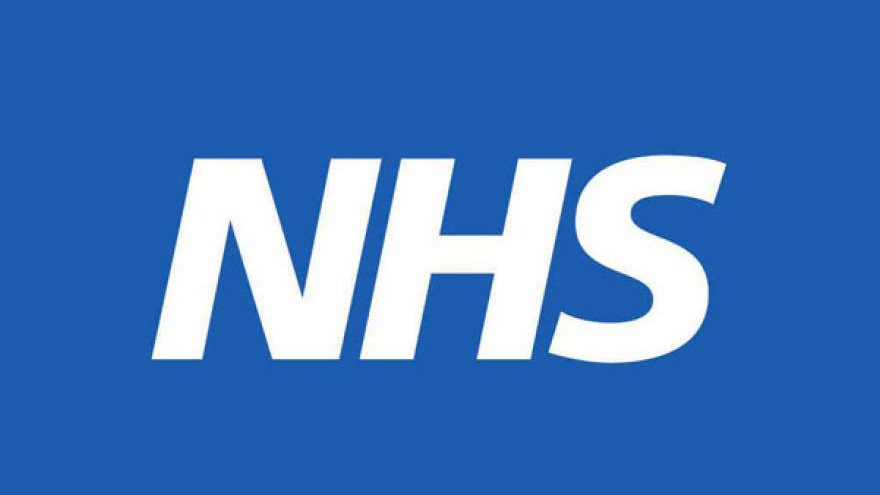
The NHS Debate – New Polling
On behalf of Mail on Sunday, Survation interviewed 1,177 UK adults online (including 1,021 in England for NHS England related questions) on attitudes to the NHS, GP services and trust in politicians relating to health.
The polling also carried a current “state of the parties” Westminster voting intention of CON 38% (-1); LAB 29% (NC); UKIP 13% (NC); LD 10% (+2); SNP 4% (-1); Green 2% (-2); Other 4% (+1) (chg. from 23rd Sept. 2016).

The NHS
There has been considerable recent public, political and media debate about the current state of the NHS with a focus on pressure in accident and emergency departments. This is of course a complex issue, and certainly not one that should be solved by acting on the basis of opinion polls, but given the unfortunate status of the NHS as a political football in elections it is worth keeping public attitudes in mind. Selected highlights of the polling are below. The full polling results in table form can be found here:
Perceived Decline
General perception of the NHS over the last 10 years, is that of a decline – 55% of those polled believed the NHS has declined since 2007 vs only 21% believing the NHS has improved, 19% responding that services have “stayed the same”.
Pressure on the NHS & GP Services – Public usage of A&E for non-emergencies:
29% of respondents polled who were the parent of a child aged under 18 reported that they have previously taken a child to A&E because they did not want to wait to see a GP. 15% of all respondents reported that they had themselves attended A&E for a non-emergency health problem because they had not wanted to wait to use GP services.
Relating to non-emergency attendance at A&E, when asked whether the current target of 95% of patients (England) being seen, treated admitted or discharged within 4 hours should “only apply to patients with urgent needs rather than more minor problems” 51% of respondent believed the target should be “relaxed” in this way, with 38% opposing changing the current A&E target.
Expansion of General Practice Hours.
While there is a debate as to whether current GP surgery routine opening hours contribute to the pressure on A&E departments or not, broad support was seen for all GP surgeries being required by law to open surgeries 9am-5pm Monday to Friday (76% in favour, 15% opposed) and at early evenings and weekends (59% in favour, 31% opposed).
Politicians
When asked to what extent repondents were satisfied or dissatisfied with how Health Secretary, Jeremy Hunt, is handling the NHS, Hunt had a negative rating with 39% dissatisfied compared to 24% satisfied.
Jeremy Hunt
Satisfied – 24%
Neither – 29%
Dissatisfied – 39%
Don’t know – 8%
However, the Labour Party under Jeremy Corbyn’s leadership are not necessarily benefiting from Hunt’s net negative performance on this key national issue. In terms of “trust” Jeremy Corbyn was significantly less trusted on the NHS among respondents than the Prime Minister:
To what extent do you trust or distrust Jeremy Corbyn with the NHS?
Trust (total) – 24%
Neither – 25%
Distrust (total) – 45%
Don’t know – 6%
To what extent do you trust or distrust Theresa May with the NHS?
Trust (total) – 35%
Neither – 29%
Distrust (total) – 31%
Don’t know – 4%
Public Split on Causation of NHS Pressure
As the Labour Party put to voters that Britain’s health and social care system is drastically underfunded by the Government and urgent action is required, some other findings from the polling on attitudes to the NHS will make depressing reading for the party. When asked about what was most “to blame” for the current pressure on the NHS, respondents were as apt to choose “the level of immigration” – 28% as “the level of government funding” – 27%.
In echoes of Jeremy Hunt’s recent words relating to the current state of affairs in A&E being driven by some aspects of patient ‘demand” not service “supply” 16% of respondents said that the “lifestyle and behaviour of users of NHS services” was the most “to blame” for NHS pressure. Britain’s undoubted ageing population and its resulting demand for increased healthcare was, as a comparison selected by only 14% of respondents.

This week, Simon Stevens, chief executive of NHS England, told the public accounts committee that the prime minister’s insistence the service was getting more money than it asked for was not true and that under current plans real-terms spending on health would actually fall in 2018-19. However given these poll findings, it appears at present that the public are split and do not view the current NHS debate as simply the clear case of underfunding and lack of resource made by the many opponents of Conservative health policy.
Which of the following do you think is most to blame for the current pressures on the NHS?
The level of immigration to the UK – 28%
The level of government funding – 27%
The lifestyle and behaviour of users of NHS services – 16%
The UK’s ageing population – 14%
NHS workers – 3%
Health / Medical Trade Unions – 3%
Don’t know – 6%
None of these – 3%
Today’s poll covered in brief the topic of potentially higher income tax for the NHS. Survation have conducted more detailed polling on a hypothecated NHS tax, attitudes to co-payment and the private model, results can be viewed here:
Survation interviewed 1,177 UK adults online on Friday January 13th. Survation is a member of the British Polling Council and abides by its rules.
< Back

